
1958. American physicist J. Robert Oppenheimer @Philippe Halsman
NEW YORK, N. Y., Dec. 26, 1954 – J. Robert Oppenheimer, the noted American physicist, drew a dramatic picture tonight of modern man living in an electric world in which virtually all of the traditional theories have become outdated.
While his speech was dramatic in itself as a scholarly foray into a description of the unfolding pages of modern arts and sciences, Dr. Oppenheimer’s appearance had the added edge of the peculiar position in which he stands today, at the age of 50, between greatness already earned to a large degree, and questions of character raised in political circles on the basis of records in political circles on the basis of records that may remain secret through his lifetime.
Earlier this year Dr. Oppenheimer was suspended as consultant to the Atomic Energy Commission for security reasons. Debate that attracted nationwide attention followed this peremptory act by the Commission, particularly since responsible officials reiterated that Dr. Oppenheimer’s personal character is above reproach.
Dr. Oppenheimer also must be remembered as the “architect” of the work that developed the atomic bomb, for he was director of the laboratories in Los Alamos, N. M., where the bomb was perfected. He now holds the post of director of the Institute for Advanced Studies, Princeton, N. J., and by today’s invitation the powers at Columbia University showed their opinion of him. Continue reading →
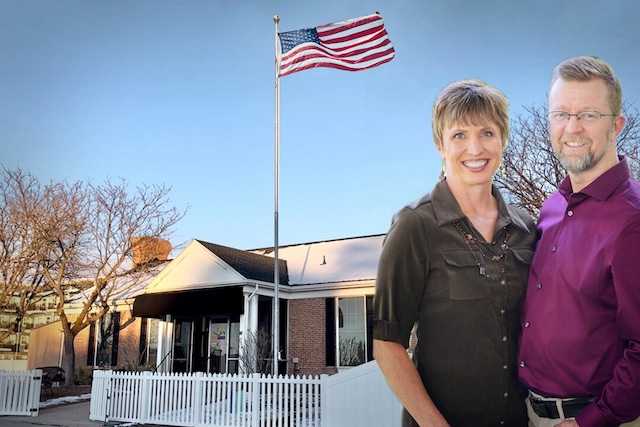

 Rainy days can put a damper on outdoor playtime, leaving parents scrambling for ways to keep their kids entertained indoors. Fear not! With a bit of creativity and resourcefulness, you can turn a gloomy day into a fun-filled adventure right in the comfort of your own home. In this article, courtesy of
Rainy days can put a damper on outdoor playtime, leaving parents scrambling for ways to keep their kids entertained indoors. Fear not! With a bit of creativity and resourcefulness, you can turn a gloomy day into a fun-filled adventure right in the comfort of your own home. In this article, courtesy of 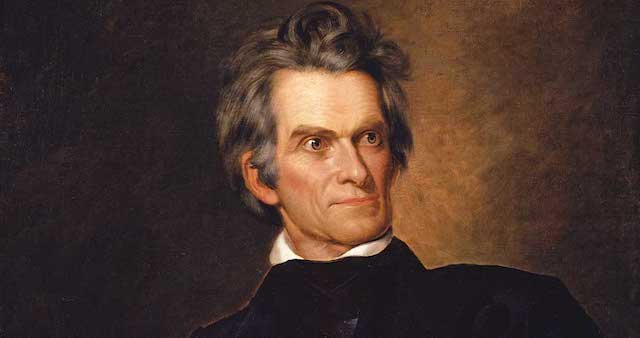 Statesman John Calhoun, often vilified by modern sophisticates for the Confederacy’s embrace of his political philosophy, was in fact one of the greatest and most articulate champions of states’ rights, limited government, and strict federalism subsequent to the Founding Fathers.
Statesman John Calhoun, often vilified by modern sophisticates for the Confederacy’s embrace of his political philosophy, was in fact one of the greatest and most articulate champions of states’ rights, limited government, and strict federalism subsequent to the Founding Fathers. If you’re
If you’re 
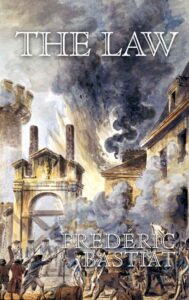 ~ PREFACE ~
~ PREFACE ~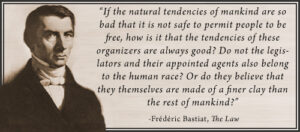 ~ The Translation ~
~ The Translation ~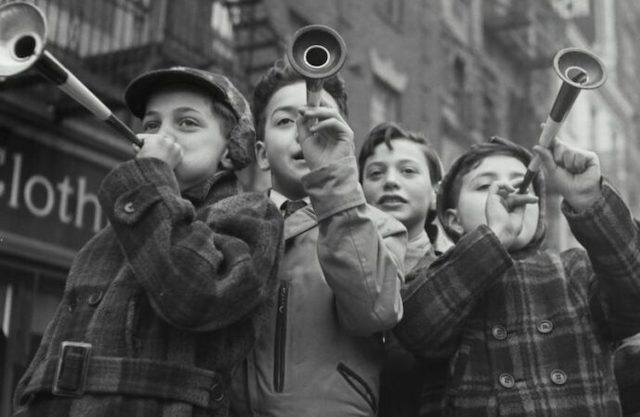
 As a veteran homeschooler, I am well aware of what a marathon this lifestyle can be. There’s no break when you live and work in the same place.
As a veteran homeschooler, I am well aware of what a marathon this lifestyle can be. There’s no break when you live and work in the same place.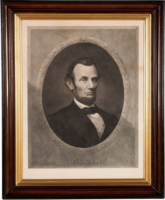
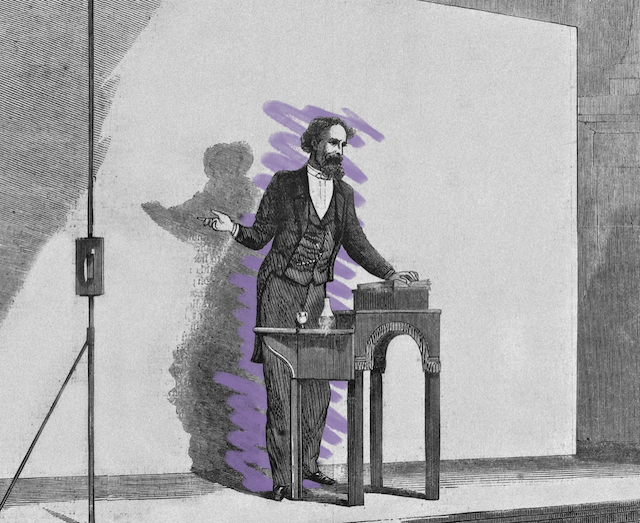 Charles Dickens is known for a good ghost story. Some of his most famous works, including the 1843 novella A Christmas Carol, revolve almost entirely around the supernatural. The English author’s interest in spirits even extended beyond the written word: He was an original member of the Ghost Club in London, an exclusive group interested in dissecting all things otherworldly.
Charles Dickens is known for a good ghost story. Some of his most famous works, including the 1843 novella A Christmas Carol, revolve almost entirely around the supernatural. The English author’s interest in spirits even extended beyond the written word: He was an original member of the Ghost Club in London, an exclusive group interested in dissecting all things otherworldly. 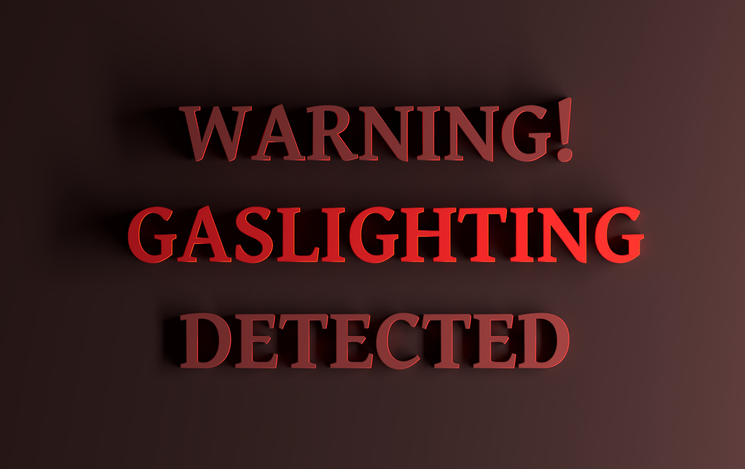
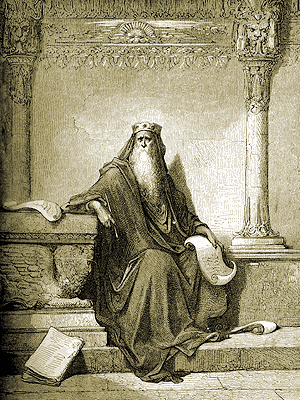
 I was a third week Senior at Glenbrook North High School in 1965 – and I knew that something was wrong…
I was a third week Senior at Glenbrook North High School in 1965 – and I knew that something was wrong…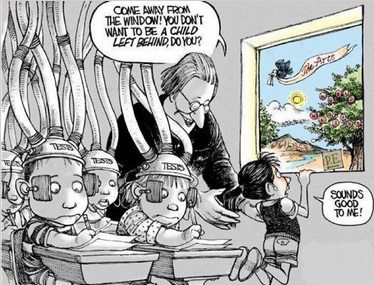 Of all the ailments afflicting our public
Of all the ailments afflicting our public  Keeping our children entertained and educated indoors can be challenging in today’s fast-paced world. However, with some creativity and simple resources, parents can turn their homes into hubs of learning and fun.
Keeping our children entertained and educated indoors can be challenging in today’s fast-paced world. However, with some creativity and simple resources, parents can turn their homes into hubs of learning and fun. 
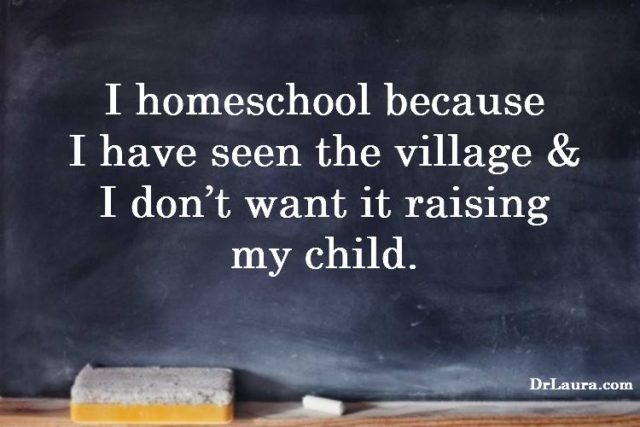
 Charleston, South Carolina, is a city steeped in the rich history of the American Revolutionary War, offering a unique blend of historical sites and stories that bring the era of American independence to life. This article delves into several key locations and events that highlight Charleston’s significant role in the Revolutionary War.
Charleston, South Carolina, is a city steeped in the rich history of the American Revolutionary War, offering a unique blend of historical sites and stories that bring the era of American independence to life. This article delves into several key locations and events that highlight Charleston’s significant role in the Revolutionary War.  This amendment was introduced by James Madison to ensure that the Bill of Rights was not seen as an exhaustive list of the rights of the people. It acknowledges that there are other fundamental rights that exist even though they are not specifically mentioned in the Constitution. The Ninth Amendment serves as a constitutional safety net intended to make clear that individuals have other fundamental rights, in addition to those enumerated in the Constitution.
This amendment was introduced by James Madison to ensure that the Bill of Rights was not seen as an exhaustive list of the rights of the people. It acknowledges that there are other fundamental rights that exist even though they are not specifically mentioned in the Constitution. The Ninth Amendment serves as a constitutional safety net intended to make clear that individuals have other fundamental rights, in addition to those enumerated in the Constitution. 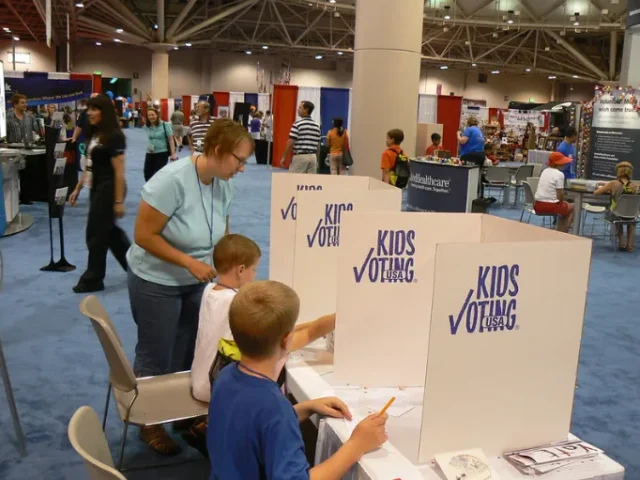 While digging through a folder of items belonging to my grandmother during her high school years, I came across several copies of Weekly News Review, a periodical full of news items and current events apparently geared toward young students…
While digging through a folder of items belonging to my grandmother during her high school years, I came across several copies of Weekly News Review, a periodical full of news items and current events apparently geared toward young students…